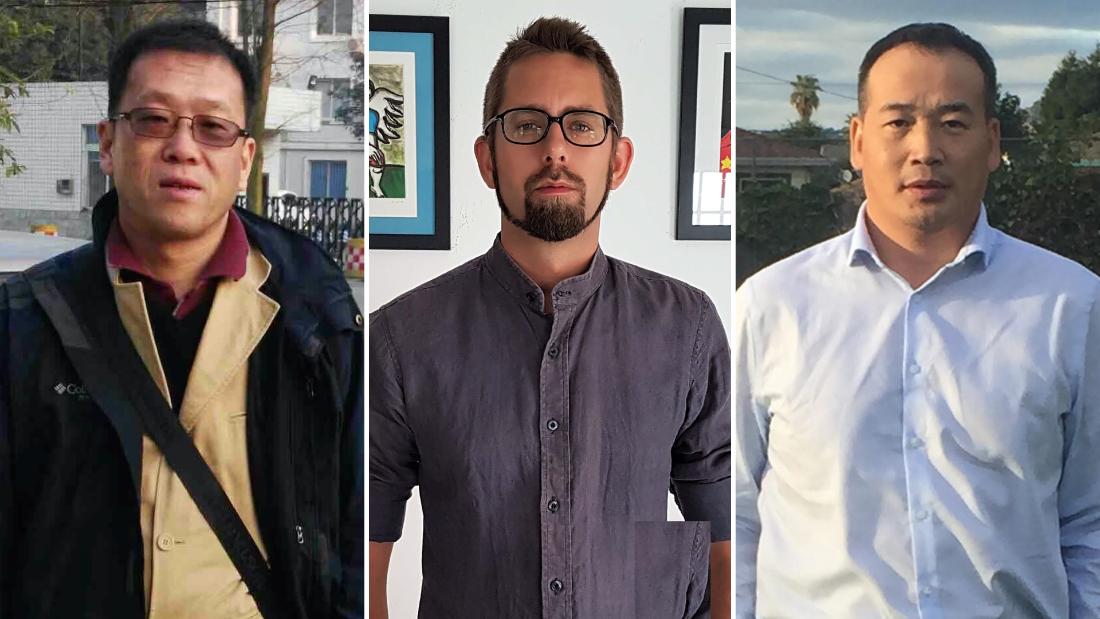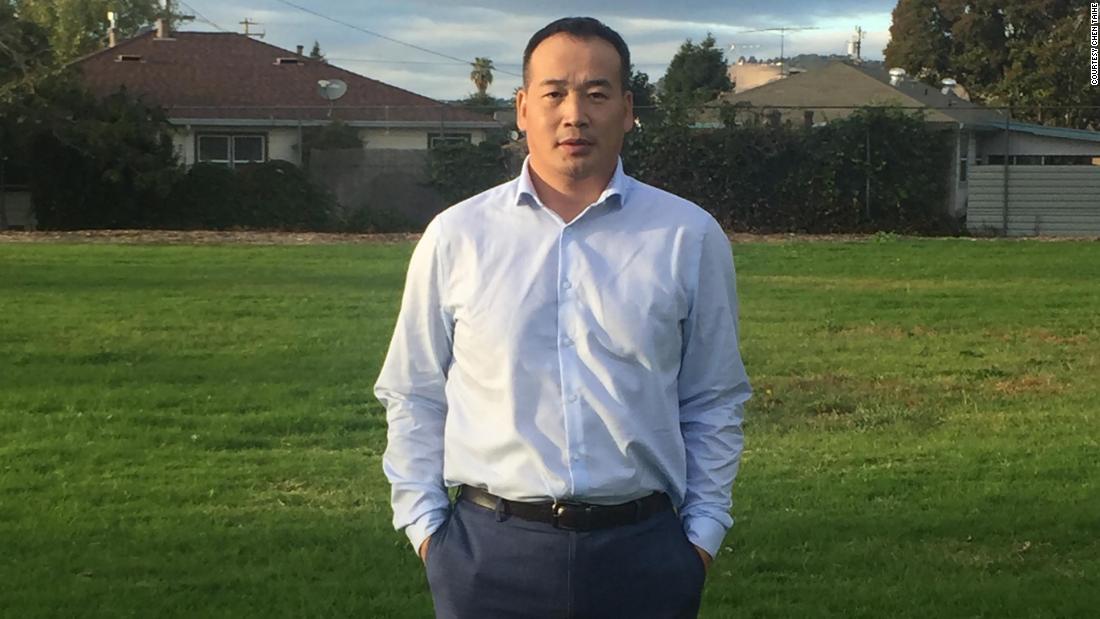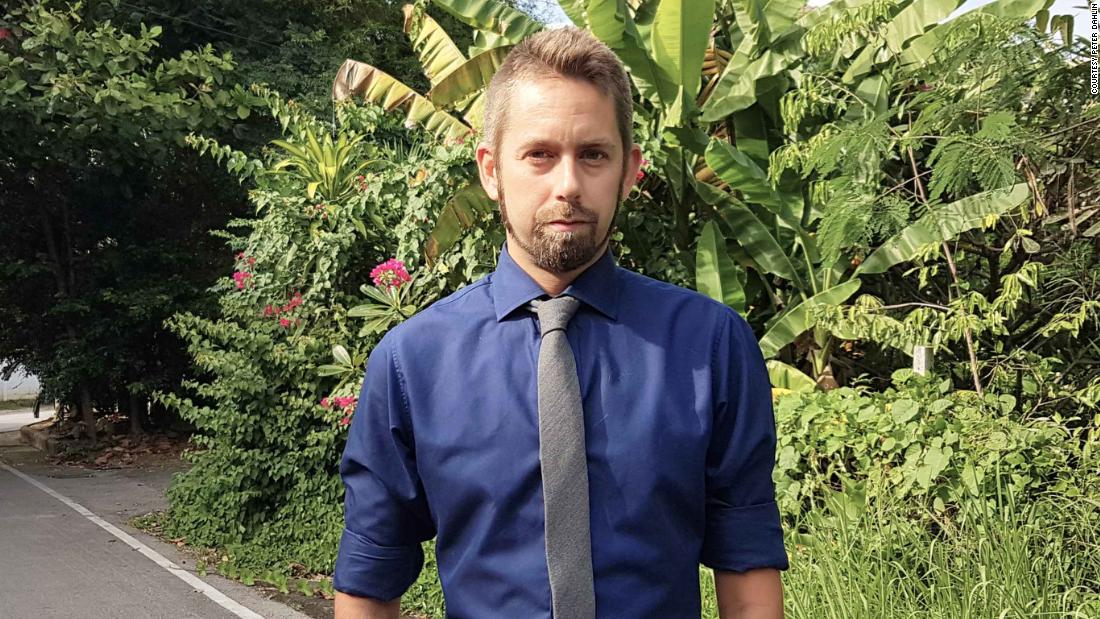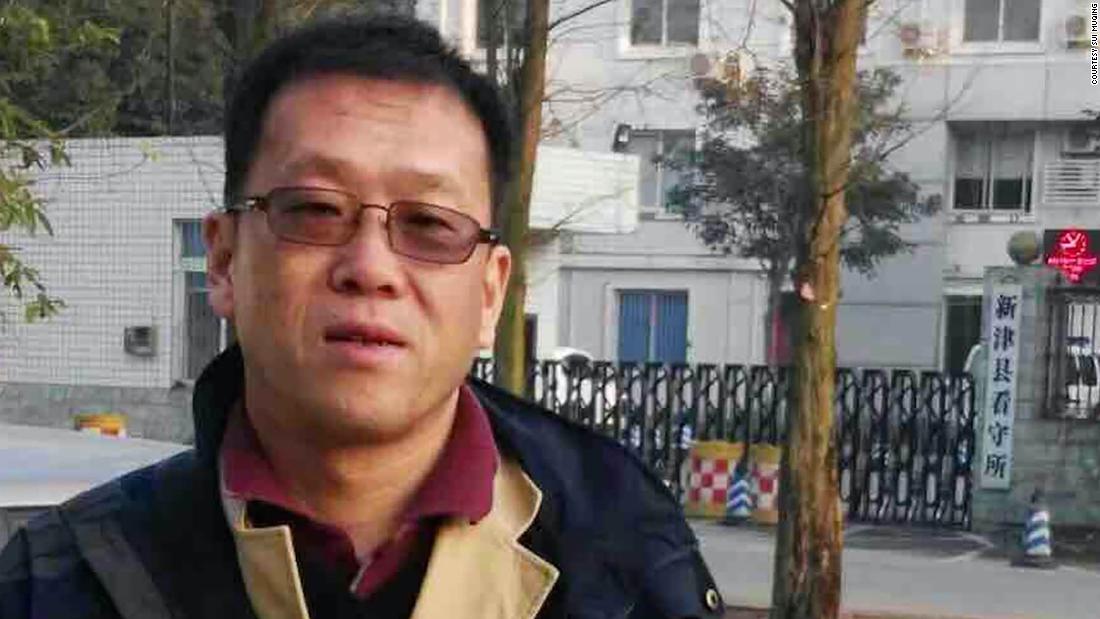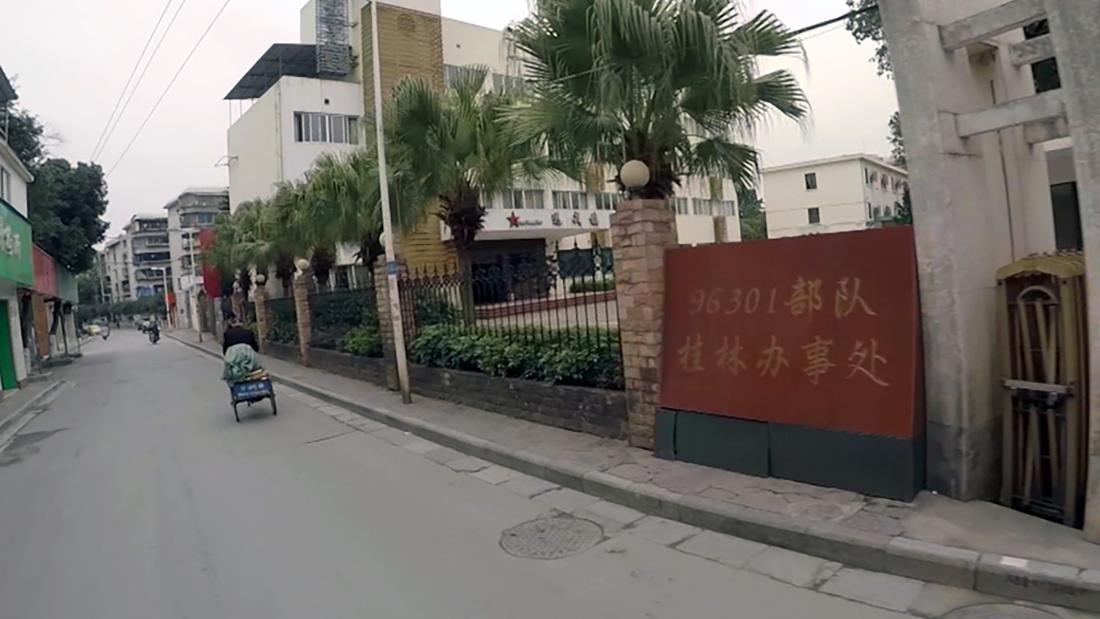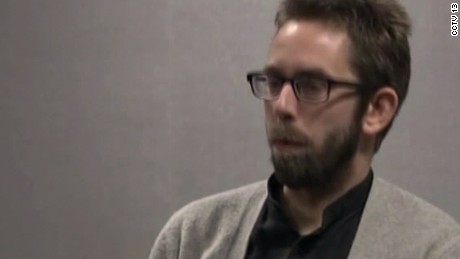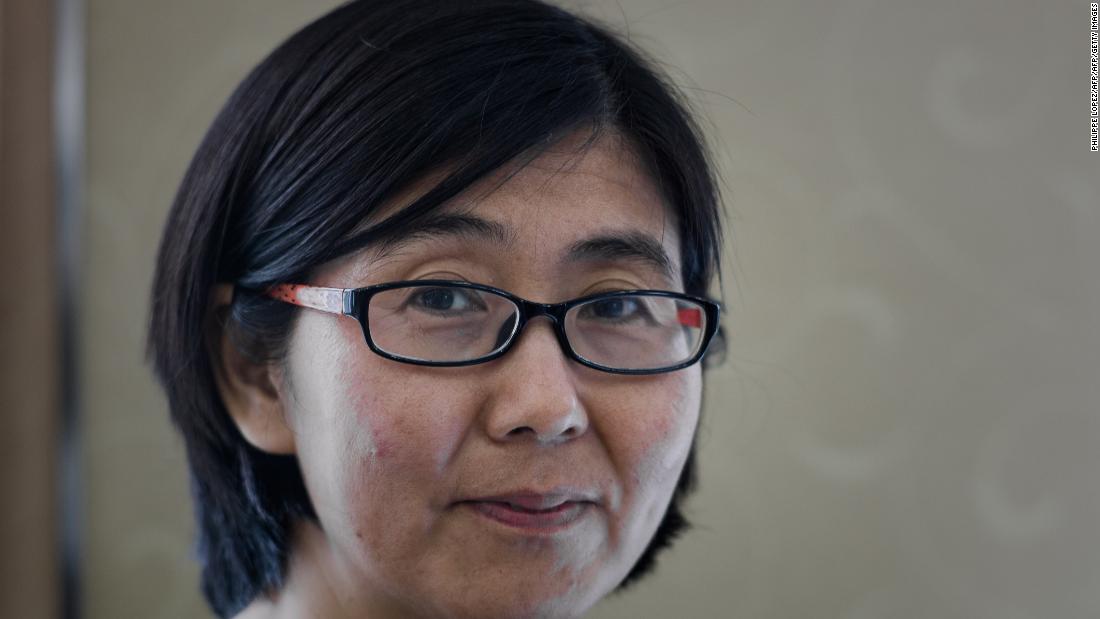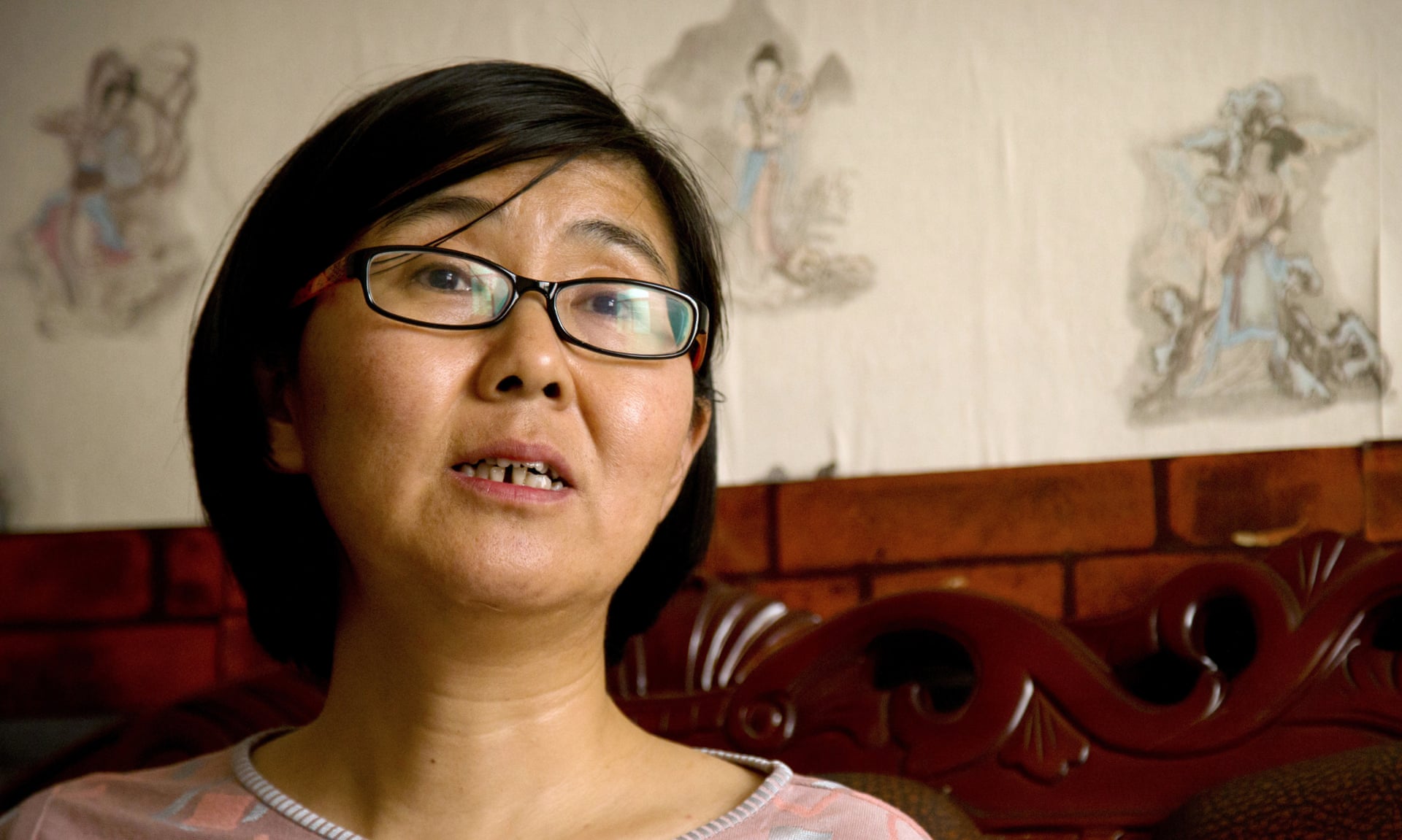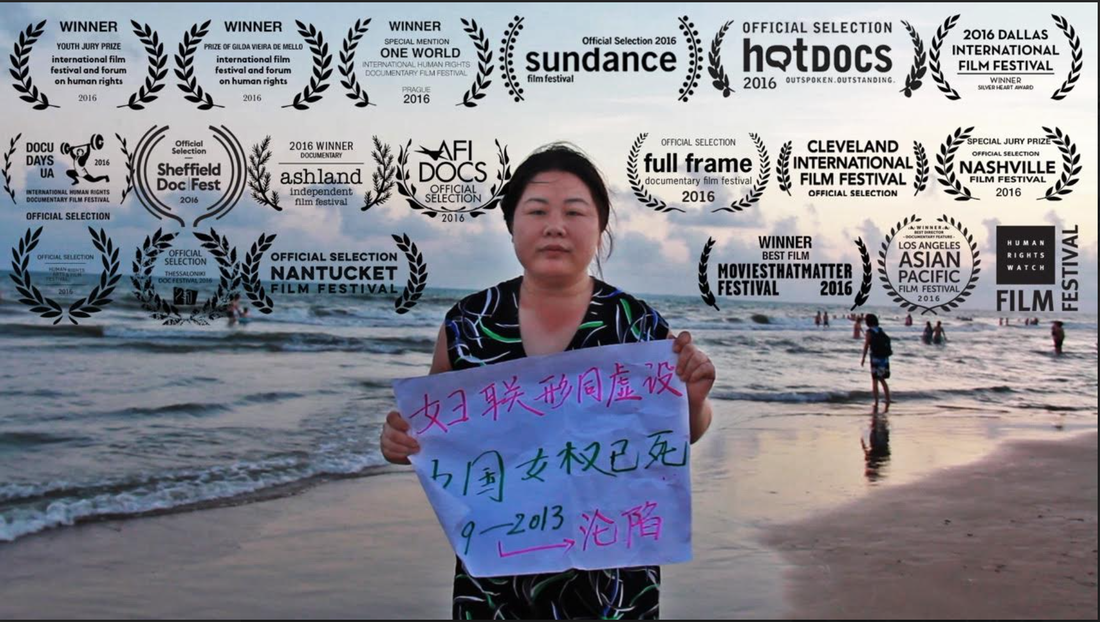By STEVEN LEE MYERS
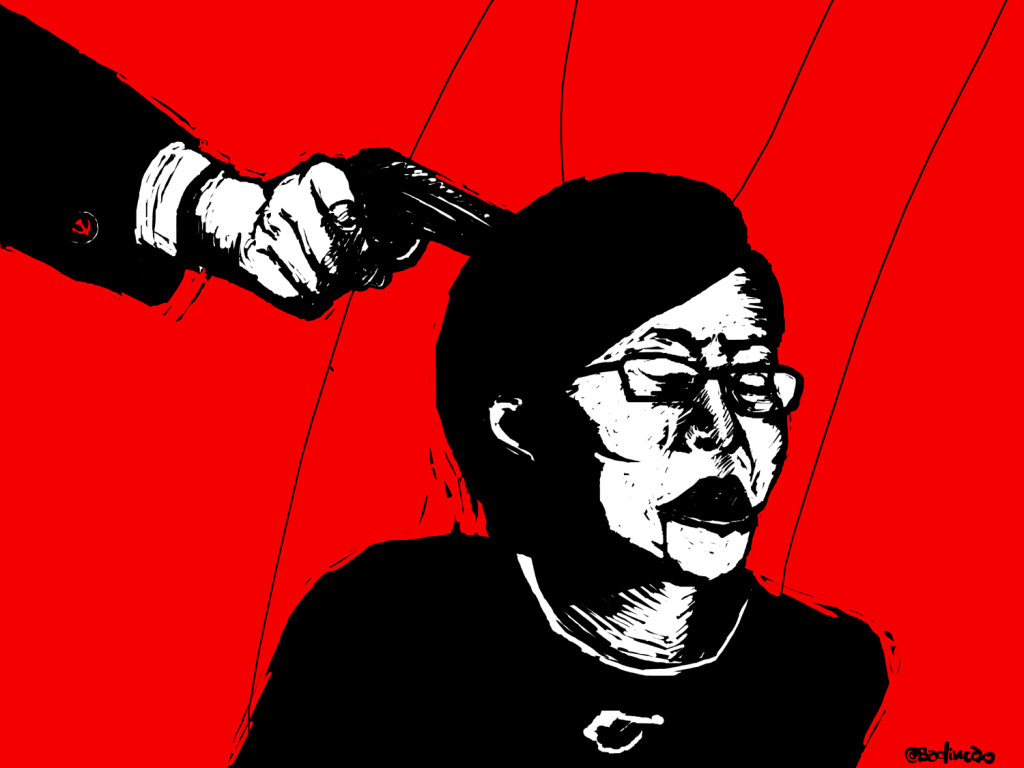
BEIJING — In the unpolished video that appeared on state television one October morning in 2015, Wang Yu, one of China’s most prominent lawyers, denounces her own son.
While she was herself under arrest, the young man had been detained after leaving the country without permission or the proper papers.
He first flew to the southern province of Yunnan and then rode on the back of a motorcycle into Myanmar, his movements captured on closed circuit cameras.
“I strongly condemn this type of behavior,” Ms. Wang says in a monotone, sitting inside a featureless room.
“I strongly condemn this type of behavior,” Ms. Wang says in a monotone, sitting inside a featureless room.
“This kind of action is very risky and is illegal.”
It was all a lie, as her colleagues suspected when the video first aired.
Ms. Wang’s videotaped contrition was merely an example of how the Chinese authorities routinely coerce detainees into making statements that serve the government’s propaganda needs.
A human rights organization, Safeguard Defenders, has now detailed her case and others like it to draw attention to a practice it says violates fundamental due process and international legal standards — and to call out the media organizations in China and in Hong Kong that abet the practice by circulating the “confessions” and in some cases even participating in them.
Critics have long assumed these televised acts of confession and contrition were frauds.
It was all a lie, as her colleagues suspected when the video first aired.
Ms. Wang’s videotaped contrition was merely an example of how the Chinese authorities routinely coerce detainees into making statements that serve the government’s propaganda needs.
A human rights organization, Safeguard Defenders, has now detailed her case and others like it to draw attention to a practice it says violates fundamental due process and international legal standards — and to call out the media organizations in China and in Hong Kong that abet the practice by circulating the “confessions” and in some cases even participating in them.
Critics have long assumed these televised acts of confession and contrition were frauds.
The organization’s report, released this week, analyzes 45 high-profile examples recorded and broadcast between July 2013 and February 2018.
More than half of them involved lawyers, journalists and others involved in promoting human rights in China.
More than half of them involved lawyers, journalists and others involved in promoting human rights in China.
Many were shown “confessing” even though the formal legal proceedings against them had not yet begun, ignoring the presumption of innocence that is embedded even in Chinese law.
In 12 cases, the organization’s researchers interviewed those who were forced to record confessions, documenting in detail how the videos were carefully scripted and then broadcast.
What follows are examples of how the security forces use the confessions to demonstrate their raw jurisdictional power and to score propaganda points in an effort to deflect criticism at home and abroad.
In 12 cases, the organization’s researchers interviewed those who were forced to record confessions, documenting in detail how the videos were carefully scripted and then broadcast.
What follows are examples of how the security forces use the confessions to demonstrate their raw jurisdictional power and to score propaganda points in an effort to deflect criticism at home and abroad.
They ultimately show how powerless detainees are once they are swept into the Chinese legal system.
“I don’t expect everyone to understand,” Ms. Wang said, explaining the agonizing decision she made to agree to the interrogators’ demands in exchange for her release.
“I don’t expect everyone to understand,” Ms. Wang said, explaining the agonizing decision she made to agree to the interrogators’ demands in exchange for her release.
“I just want to say that my son is everything to me. Perhaps I had no other choice.”
Confessions send a message
Lam Wing-kee was the manager of Causeway Bay Books in Hong Kong, a store that sold titles that displeased the authorities in Beijing.
Deflecting international criticism
Gui Minhai, a Swedish citizen, was another of the booksellers caught up in the sweep in 2015. In his case, he was abducted from his vacation home in Thailand and returned to China.
Confessions send a message
Lam Wing-kee was the manager of Causeway Bay Books in Hong Kong, a store that sold titles that displeased the authorities in Beijing.
In 2015, he was arrested as he crossed the border from Hong Kong to the mainland, swept up in a series of cases against booksellers that continue to reverberate in Hong Kong, the special administrative region of China feeling the heavy hand of the central government.
Mr. Lam reappeared in February 2016 on Chinese television, where he “confessed” that his books — which included titillating descriptions of the private lives of Chinese leaders — were sensationalized and misleading.
In the report, Mr. Lam told researchers that he had to make a dozen recordings before those holding him were satisfied.
Mr. Lam reappeared in February 2016 on Chinese television, where he “confessed” that his books — which included titillating descriptions of the private lives of Chinese leaders — were sensationalized and misleading.
In the report, Mr. Lam told researchers that he had to make a dozen recordings before those holding him were satisfied.
He said they were made to seem like interviews and, in one case, a court proceeding, with a police officer posing as a witness.
When Mr. Lam was released, he held an explosive news conference in Hong Kong, after which the authorities broadcast more recordings in an effort to embarrass him further.
Confessions are “much more than simple admissions of guilt,” the report said.
Confessions are “much more than simple admissions of guilt,” the report said.
They are meant as warnings to others who would challenge the state, and to discredit accusations of abuses of power by the Communist Party or the state security organs.
“China’s televised confessions are reminiscent of violent and degrading episodes of political persecution from history,” the report added, noting Stalin’s show trials and the public shaming sessions that were characteristic of China’s Cultural Revolution.
“China’s televised confessions are reminiscent of violent and degrading episodes of political persecution from history,” the report added, noting Stalin’s show trials and the public shaming sessions that were characteristic of China’s Cultural Revolution.
Deflecting international criticism
Gui Minhai, a Swedish citizen, was another of the booksellers caught up in the sweep in 2015. In his case, he was abducted from his vacation home in Thailand and returned to China.
There he faced charges under mysterious circumstances that provoked international condemnation and the involvement of the government of Sweden.
Mr. Gui has since appeared in three recorded videos.
Mr. Gui has since appeared in three recorded videos.
In the first, he declared that he had returned voluntarily, which his relatives and colleagues strongly dispute.
The latest, shown in February, came after a bizarre turn of events.
The latest, shown in February, came after a bizarre turn of events.
Mr. Gui, who was released from prison last year but kept under close scrutiny in the city of Ningbo, near Shanghai, was arrested in January aboard a train traveling to Beijing while he was accompanied by Swedish diplomats, who were ostensibly escorting him to medical treatment.
In a video broadcast on state television, Mr. Gui appeared tense, often pausing or repeating himself, saying that the Swedes were using him as a pawn.
In a video broadcast on state television, Mr. Gui appeared tense, often pausing or repeating himself, saying that the Swedes were using him as a pawn.
He was also shown being interviewed by the media in Hong Kong.
The video here appeared on the website of The South China Morning Post.
The newspaper faced criticism for its role but later said the interview was done without preconditions, with the "cooperation" of the authorities.
Mr. Gui’s daughter, Angela, who has campaigned for his release, told the report’s researchers that it was painful to watch.
Mr. Gui’s daughter, Angela, who has campaigned for his release, told the report’s researchers that it was painful to watch.
“It’s the kind of thing nobody should ever have to experience,” she said, “so there shouldn’t be words for it.”

